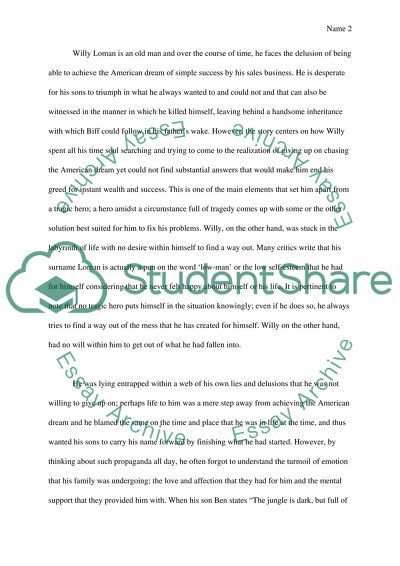Cite this document
(“How Willy Loman (and Biff) Challenge Traditional Notions of Tragedy in Essay”, n.d.)
How Willy Loman (and Biff) Challenge Traditional Notions of Tragedy in Essay. Retrieved from https://studentshare.org/english/1451314-in-miller-s-death-of-a-salesman-how-does-willy
How Willy Loman (and Biff) Challenge Traditional Notions of Tragedy in Essay. Retrieved from https://studentshare.org/english/1451314-in-miller-s-death-of-a-salesman-how-does-willy
(How Willy Loman (and Biff) Challenge Traditional Notions of Tragedy in Essay)
How Willy Loman (and Biff) Challenge Traditional Notions of Tragedy in Essay. https://studentshare.org/english/1451314-in-miller-s-death-of-a-salesman-how-does-willy.
How Willy Loman (and Biff) Challenge Traditional Notions of Tragedy in Essay. https://studentshare.org/english/1451314-in-miller-s-death-of-a-salesman-how-does-willy.
“How Willy Loman (and Biff) Challenge Traditional Notions of Tragedy in Essay”, n.d. https://studentshare.org/english/1451314-in-miller-s-death-of-a-salesman-how-does-willy.


